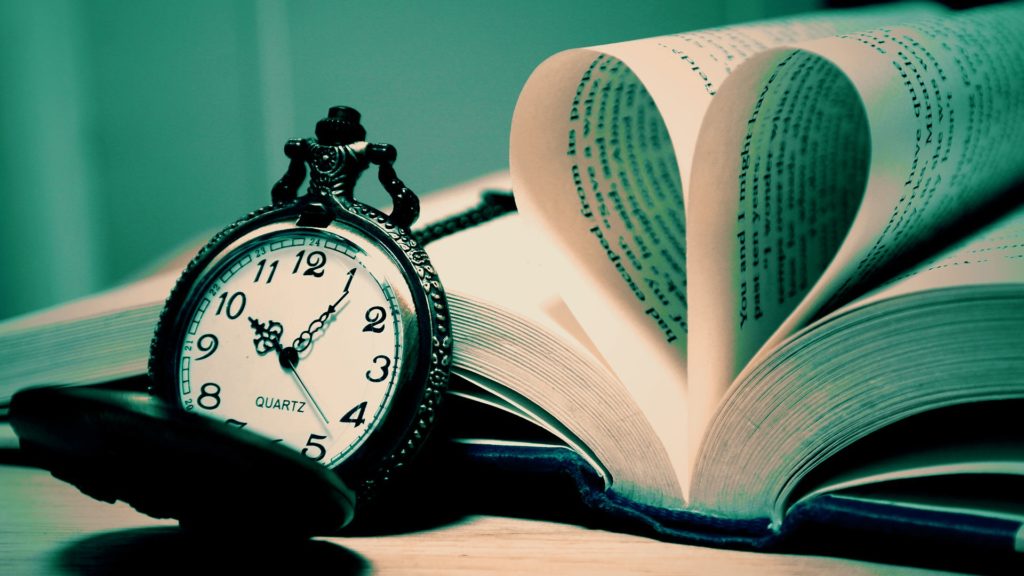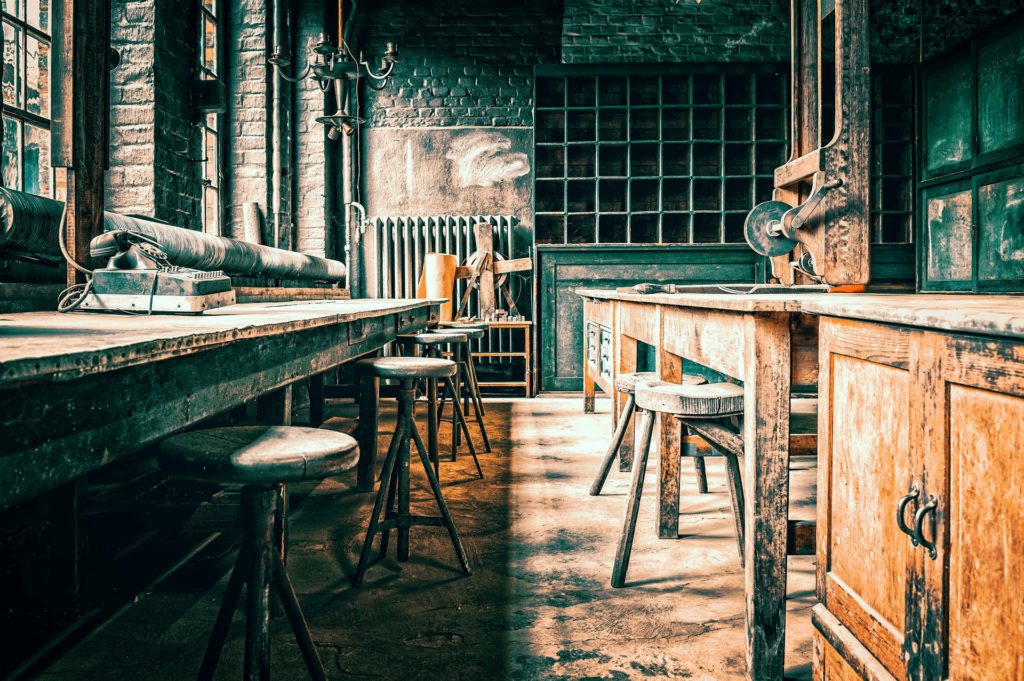The majority of people are aware that we have a lapse in our memory for certain events- but how much of this memory is based on our own experience? There have been many experiments that demonstrate that the accuracy of our memories is often faulty and unreliable. In one such experiment, the individual had to remember the faces and names of a group of people from an interview with someone who took part in it.
In the end, they found out half had an accurate recollection and half did not. Our memories are just as easily distorted by what we want them to be as they are by what happened. This post is an attempt to illustrate if your memory of the past is true or just an illusion, that you can’t trust.
Is our memory of the past true or just an illusion?

Let’s start with the reliability of our memories. When we look at the past, particularly at our childhoods, it seems as if the things we remember are not always the same as the things that happened. A huge leap in recent years has been to discuss memory as a more malleable thing. It is not just made up of facts held in place like tacks on a bulletin board; rather, it is a fluid entity that includes feelings and emotions and reconstructions.
We have all had the experience of remembering events differently depending on our mood or even what we think about them today. Our mood can distort our memories at the time or what we are going through at present. Remembering an unpleasant event from our past also can make it more vivid and “real” than the actual event.
Example 1
- When we experience trauma, our brain rewires itself to protect us. Every time we are in a situation that feels even vaguely like the situation that brought on the trauma, our brain can trigger strong reactions as if we were reliving the original experience. The same thing applies to people who feel anxious or depressed. When they recall distressing past events, they tend to exaggerate and color them with their feelings of mood at present. We call this phenomenon state-dependent memory.
Example 2
- When teenagers look back at their high school days they tend to remember it as a time of fun and relaxation. The memories of our teens are a bit like the memories of our parrots; they repeat what they hear and see in their present stage. However, when we reflect on our high school years from the perspective of adulthood, we can reinterpret those experiences and see them in a more negative light. An event that was funny at the time, we may see now as embarrassing and ridiculed later in life.
Example 3
- However, we become more accurate when we look at something that is culturally meaningful. We are more likely to remember things that may have happened at a specific time and place. For example, when we look back at a childhood memory from an Asian family, we will tend to remember it as if it were normal and expected. On the other hand, if we were raised in Anglo-Saxon culture, we might remember our childhoods as much more difficult than they actually were. The fact that we tend to remember the things that fit the culture we live in at present makes us difficult to trust our past-memory.
Do past, present and future exist simultaneously?
Time is such a thing that we can’t see it or touch it. It is the one thing we can’t feel but we still need it to identify the relationships between all the events and things that occur around us. We take it for granted but there are still many questions about its nature.
One of the most important questions related to time is whether or not the present, past, and future exist at the same time or if they are just a continuum. The explanation of time seems straightforward but there are some problems when people try to explain this in words. The reality of time is such that we can’t make sense of it with our minds and science has trouble explaining it in mathematical terms.
Another question is whether or not time is real or it is just an illusion. If we take a look at the nature of space, it seems to have more physical reality. Space seems to be a fundamental component of our world and we can all agree on the same dimensions. And on the other hand, it doesn’t seem that everyone agrees on what makes up time, like seconds and minutes.
One person might think of time as something in the future or their past, while another person thinks about how far away something is in terms of distance instead of duration. There doesn’t seem to be any standard for time measurement and yet most people still have a sense of what time it should be based on their cultural conditioning.
More discourse on understanding time
Time seems to be a fundamental aspect of our world and culture. We need it to order our whole lives and we have many ways of communicating about it with others. There are so many aspects of our lives that seem to depend on time, like money, deadlines, and appointments.
Even though there is no universal standard for measuring time, we still seem to agree on certain things about what are the best times for certain activities like eating dinner or going to work. We all seem to agree that moments in the past and future don’t exist at all because they aren’t in the present.
But when we look at the nature of time, we can’t make sense of it in the same way that we can make sense of space. The problem is that there is no one standard for time. And we tend to have very different attitudes about what we should consider time. This makes it more difficult to explain and understand precisely how time works in our world.
A way of measuring the time that seems to work in our culture is the digital clock. We usually find this device on a wall that displays numbers or text on a small computer screen. A clock like this has become so commonplace in our lives that few people pay attention to how it works or how far back its digits go.
What does it mean by our “past memory”?
If past, present, and future exist at the same time, what it means by our past memory and how it’s related to time is a central question. We can perceive memory in the past as something that is distorted depending on our current mood or what we are experiencing in our present lives. For example, when we experience stress, we can remember distressing things from our past differently than what actually happened.
In terms of time, if past and present exist at the same time, doesn’t it mean that they are just a part of the group? As human beings, we do tend to value these moments more than others like days gone by. We often remember events of times gone by with much more clarity than events in the future and even those from days or weeks ago are easily recalled.
We have a constant flow of thoughts from the present moment to the past and from our past back to the present. When we reflect on the nature of time, if past, present, and future all exist at the same point, it means that all of these are just a continuum.
There is no doubt that our minds can create illusions about time. When we focus on moments in the past or future all of the moments from those periods must be accounted for, otherwise, we would lose the advantage of predictability in the future or expect things in our lives. According to this view, there is no such thing as a moment that exists without being observed, except in science fiction movies.
Memory distortion and controversies

On the other hand, if past and present exist at different points, this means that memory from the past is just a memory. Such memories are a way of tapping into this continuum and they are not equal. With the passage of time, memories experience more vividness and detail.
When we remember a specific moment from the past, we can make it seem more real than what unfolded. Memories from the past are subject to change just like our current memories are. No one moment exists in isolation in time unless it is an extraordinary moment in an exceptional life that is remembered as a result of chance or luck.
Read:
- Computer makes it easier to communicate: Or harder!
- The relation of our brain with space-time
- Do we need to stop our progress in technology and advancement?
It seems that there isn’t a clear answer to this question of whether the past, present, and future do exist at the same point or if they are all linked together as a continuum. It becomes even more difficult when we consider how memories are created and how they form in our minds over time. Although discourses may generate many more controversies on the issue, there is no doubt that this nature of time is very important in shaping our lives.
Whether we think of time as a continuum or not, the past, present, and future all exist in the same moment. We can recall memories in the past with more detail than those from the future. But, they are still just a part of our past lives and we can’t use them to predict what happens next.
Conclusion
The physically undetectable time and the past memory, a mysterious mental activity, both are essential parts of life for human beings, but we don’t always understand, trust and know how to explain them clearly. However, we do seem to agree on certain things about it like how long a day should last or how far away something is in terms of distance. At the same time, we don’t agree about things like how long a second is or what fraction of time we can call present. Similarly, as it’s an essential phenomenon to survive, we can trust in our memory of the past in case it’s justifiable on the basis of social, cultural, and behavioral conditions.
- AI-Powered PCs: Overhyped Trend or Emerging Reality? - August 21, 2024
- Princeton’s AI revolutionizes fusion reactor performance - August 7, 2024
- Large language models could revolutionize finance sector within two years - March 27, 2024



